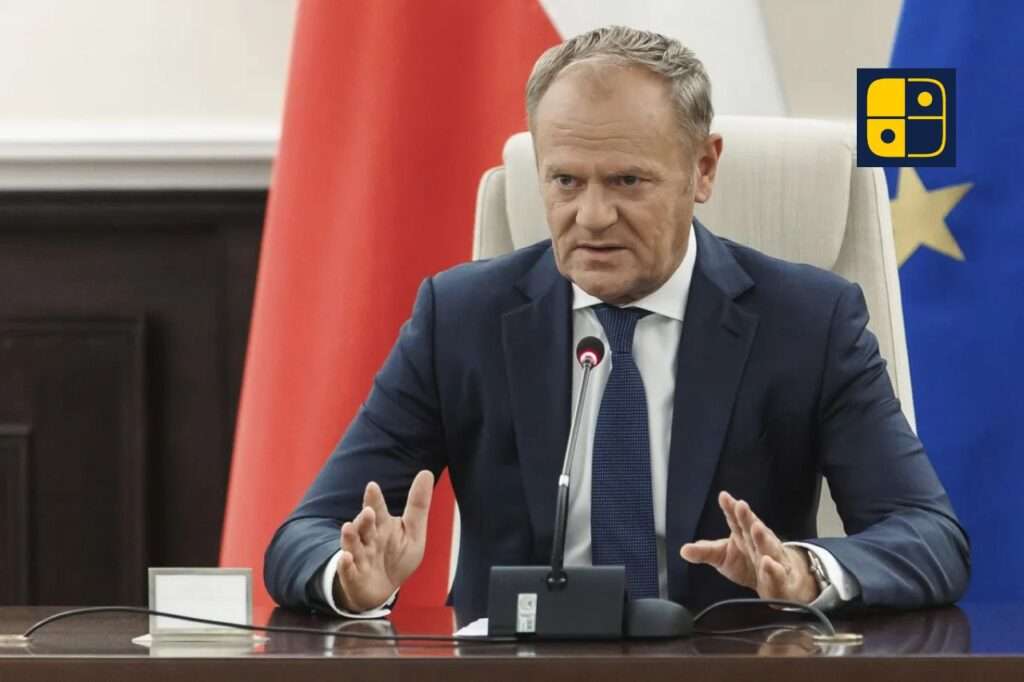Poland has requested further air defence, and counter-drone capabilities from NATO allies following 19 Russian drones’ violation of airspace during ongoing Russian drone strikes on Ukraine. Poland has invoked Article 4 of the NATO treaty, which allows the alliance to consult in an emergency. Poland’s Foreign Minister, Radoslaw Sikorski, asked NATO allies for additional patriot batteries and an “anti-drone wall”, while arguing that we have “drones, many more threats than just drones.”
Poland’s Prime Minister Donald Tusk condemned the violations as no accident and they were a test for NATO but left Poland’s airspace closed and active for Poles riding out shelter orders. The United Kingdom, Germany, and France all expressed support for Poland in publicly demonstrating NATO’s unity, though Germany suggested advanced Patriots could be best positioned in Ukraine, rather than sending them to NATO allies. For the United States, the actions of Russia remain significant. President Trump will surely be discussing how to respond to long-term encouragement of this coordination.
Geopolitically, these violations complicate NATO’s eastern flank. It is likely that Russia is testing NATO’s collective resolve. Russia’s drone violations may force Poland to separate some advanced capabilities away from Ukraine. Economically, it was a rough day for Poland’s currency and markets, and it suggests a pattern of instability in a volatile region.
What now? If such violations of Polish airspace were to grow in number, NATO nations may feel almost implicitly coerced into providing persistent air defence along the eastern border increasing the risk of a deeper confrontation with Moscow. For Poland, this event continues operational plans to scale-up NATO’s responsiveness, but could potentially disengage efforts in Ukraine. Poland could be pushed into the role of NATO’s principal outpost or “first-in” nation in NATO’s next deterrence.

